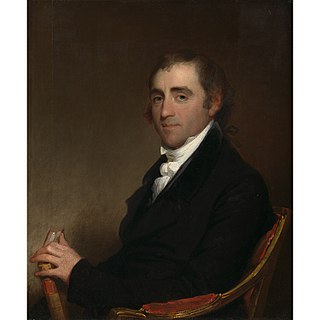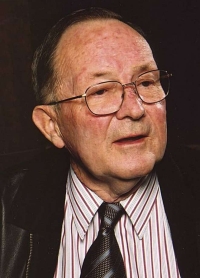A Quote by Ted Yoho
We have a constitutional republic, not a democracy.
Quote Topics
Related Quotes
[O]ur sages in the great [constitutional] convention... intended our government should be a republic which differs more widely from a democracy than a democracy from a despotism. The rigours of a despotism often... oppress only a few, but it is the very essence and nature of a democracy, for a faction claiming to oppress a minority, and that minority the chief owners of the property and truest lovers of their country.
I'm a great aficionado of history. I was deeply affected by seeing the disintegration of any chance of democracy coping with fascism in the Weimar republic, where woolly-minded, well-meaning liberalism actually allowed the forces of darkness to use democracy, to exploit democracy, to overturn democracy.
The American founding is not just about a group of people, a group of men. It is about an ideal: Both a vision and understanding of the very essence of democracy, constitutional government, a representative republic, and the remarkably powerful concept of being endowed by our Creator with certain unalienable rights.
In America, we do not have a democracy. It's not what we have. We have a representative republic and therefore the rules and regulations that have been written to maintain it are not truly democratic - not purely democratic - in origin. They are about protecting and defending the establishment of this republic.
Did I say "republic?" By God, yes, I said "republic!" Long live the glorious republic of the United States of America. Damn democracy. It is a fraudulent term used, often by ignorant persons but no less often by intellectual fakers, to describe an infamous mixture of socialism, graft, confiscation of property and denial of personal rights to individuals whose virtuous principles make them offensive.
In a democracy, every ordinary citizen is effectively a king--but a king in a constitutional democracy, a monarch who decides only formally, whose function is merely to sign off on measures proposed by an executive administration. This is why the problem with democratic rituals is homologous to the great problem of constitutional monarchy: how to protect the dignity of the king? How to maintain the appearance that the king effectively makes decisions, when we all know this not to be true?




























